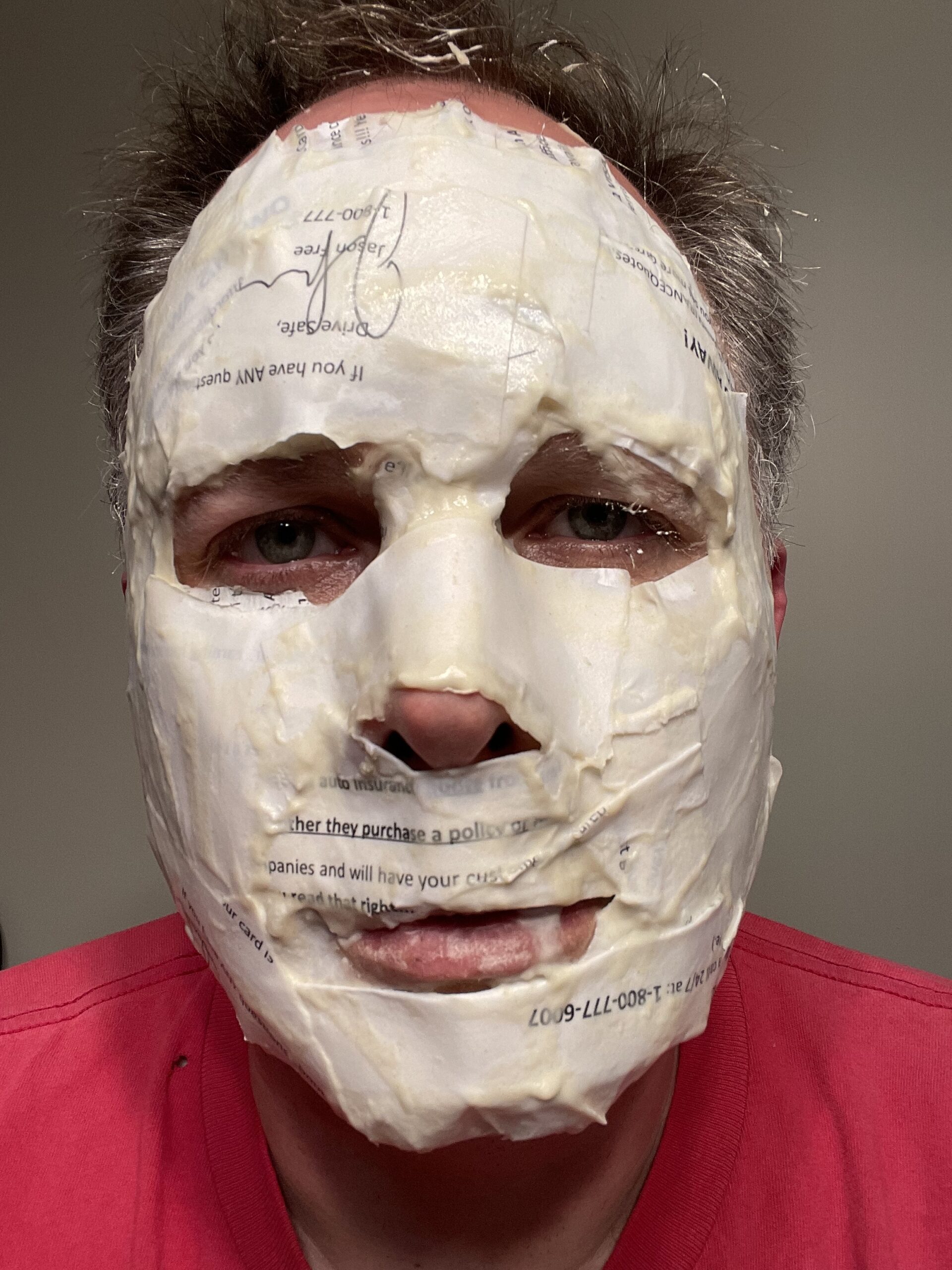High School: The Factory of 20th Century Thinking

Originally published February 2, 2010
I taught inside that factory for six years, long enough to smell the grease on the gears that grind teenagers into obedient pulp. Every bell that rings, every hall pass, every multiple-choice test exists for one purpose: teach a young human to raise a hand before speaking, to sit when told, to produce the one correct answer the machine already printed in its secret guide. Call it what you want—curriculum alignment, college readiness, Common Core compliance—the outcome is identical. By graduation most students learn exactly one lesson: comply or be punished.
The world outside those cinder-block walls has no patience for that lesson, and it never did. Employers crave initiative, not permission seekers. Communities need builders, not bystanders. The species itself requires inventive minds hungry enough to gnaw through any constraint. Yet we lock adolescents in rows for twelve thousand hours and congratulate ourselves when they follow instructions without complaint. That is malpractice on an evolutionary scale.
What must change
-
Cut classroom time in half, starting tomorrow.
A teenager can master algebra faster on Khan Academy at midnight than in thirty fetid minutes of chalk talk before lunch. We need them on job sites, in design studios, inside city council meetings, apprenticing under anyone who solves real problems for real pay. Hand them a stipend and a mentor, and count that as credit. Force a child into a desk after that and you are stealing life. -
Replace subjects with problems.
Textbook chemistry asks students to balance equations they will forget by May. Real chemistry asks, How do we purify the river behind campus so the fish stop dying? Let a cross-age crew wrestle that for a semester. They will collect samples, crunch data, build prototypes, present findings to the city, and watch their grades evaporate into authentic stakes: either the water runs clean or it does not. -
Erase the GPA religion.
Employers never once asked me for a candidate’s senior year chemistry grade. They want a portfolio: code pushed to GitHub, short films screened at festivals, marketing campaigns that moved actual dollars. Scrap the transcript and install a public ledger of evidence—projects, artifacts, ventures. College admissions will adapt or die, and either outcome is fine. -
Turn teachers into deal brokers.
Stop lecturing, start connecting. A physics teacher who cannot secure an internship at the local robotics firm is a liability. The new role is matchmaker between students and the world’s unsolved problems. When no local partner exists, the teacher hunts one online or builds the opportunity from scratch. Pay raises hinge on the number of high-value experiences brokered each term. -
Authorize strategic non-compliance.
Teach students how to challenge any policy that wastes their time. Give them the legal code, the ethical frameworks, the civil disobedience playbook. A learner who can write a persuasive policy waiver, organize allies, and Balkanize a useless rule does not need a motivational poster on the wall. They taste power, and power is addictive. -
Install entrepreneurial incubators on campus soil.
Convert the library into a makerspace, the cafeteria into a pitch stage, the front office into a micro-loan center. By age eighteen every graduate should have launched something that either earned revenue or failed so instructively that the next attempt stands a chance. Business plan competitions stapled to the end of economics class will not cut it. Create a standing marketplace, open every day, where the only metric is value created for customers. -
Invite professional failure early and often.
Adults wrap children in bubble wrap and then wonder why freshman employees shatter at the first market downturn. Mandate that every high-schooler face public critique from strangers. Force their prototype to survive a customer review. Make them refund money when a service flops. Pain now inoculates against paralysis later.
Who fights us and why they lose
Bureaucrats worship standardization because it scales their spreadsheets. Publishers sell textbooks that recycle forty-year-old diagrams because the adoption cycle is rigged. Politicians parade test scores because nuance does not fit on a bumper sticker. All will howl when the schedule shatters.
They will lose. Reality is undefeated. The labor market already values demonstrated skill over seat-time certificates. Tech firms hire coders at sixteen. Start-ups exit for seven figures before their founders can legally drink. The credential cartel limps along only because families fear stepping off the path. Show them a brighter path and they sprint.
What students must do now
-
Stop asking permission. Draft your own learning contract and present it as a fact, not a request. “I will split the semester between calculus online and paid UI work for a Chicago start-up. Here is the mentor agreement and the deliverables.”
-
Form guilds. Five to eight peers bound by a real project out-learn any honors section. Hold nightly stand-ups, vote on direction, share profits.
-
Sabotage waste. If a worksheet insults your intelligence, recycle it in front of the class and walk out to interview a local entrepreneur. Document the encounter and invite the principal to observe next time.
-
Publish everything. Blogs, video diaries, source code, revenue screenshots, reflective essays. Visibility multiplies opportunity.
High school can either serve as rehearsal for bureaucracy or as the launch pad for human agency. One choice ends in obedient debt-strapped workers begging an algorithm for a shift. The other delivers sovereign actors able to sculpt their environment like beavers damming rivers to carve new worlds. The dam builders will inherit whatever future survives the next century’s chaos. The rest will drift with the floodwaters.
The bell just rang. Class dismissed.